If you click on a link and make a purchase we may receive a small commission. Read our editorial policy.
Dark Crisis: Tom King and Chris Burnham offer a spoilerly peek into Superman’s prison
As the truth behind the Justice League’s twisted imprisonment in Dark Crisis is revealed, Tom King and Chris Burnham detail Superman’s twisted role in the crossover.

In the lead-up to the DC crossover event Dark Crisis, the Justice League were apparently killed off by the villainous Pariah and his Dark Army on the cosmic side of the DC Universe. Superman was among the fallen, with the Man of Steel easily dispatched by Pariah without much of a second thought. As Dark Crisis has officially begun, it has been revealed that Superman and his fellow fallen heroes have each been trapped within separate pocket dimensions by Pariah who draws power from their respective extra-dimensional prisons. Each of these pocket universes are defined by the captive within, often depicted as an idealized reality to prevent the inhabitants from being aware of the truth.

The circumstances of Superman’s imprisonment is explored in the Dark Crisis tie-in special Dark Crisis: Worlds Without a Justice League - Superman #1, written by Tom King, illustrated by Chris Burnham, colored by Adriano Lucas, and lettered by Troy Peteri. Serving with his son Jon Kent as their world’s sole superheroes, Superman endures the emotional rollercoaster of raising a teenage son alongside his wife Lois Lane in Smallville. As Superman resides in a prison of his own making, the story gives King and Burnham the chance to explore the Man of Tomorrow in a new light as he lives out his dream of getting to witness Jon grow up.
In an exclusive, mild spoilery interview with the Popverse, Burnham and King share how they delved into a more domestic side for Superman and Superboy, reveal the creators' influences in crafting the story, and explain the personal stakes and their own connection to the tale of Superman raising his teenage son.
Popverse: How was it coming up with the new costumes for Superman and Superboy in this more pulpy, Golden Age world?
Chris Burnham: It was very nerve-wracking at first. [laughs] At first, I didn’t really know what I was up to, and they were like 'We’re looking for the perfect versions of these characters,' and I thought 'How do you improve upon the most perfect costume possible?' Josh Williamson and Tom King helped me crack the case that he’s the only superhero there is in this universe and we were going back to the original, pulpy, almost black-and-white feel, and I knew exactly what to do.
Superboy, in this iteration, looks a lot like Robin so, merging Superboy with Robin is fun. I banged 20 different color schemes for it, with yellow for the underwear and all sorts of different iterations. Of course, the first one that I did was the one that got picked, so it was just an exercise in making sure I was right. [laughs]
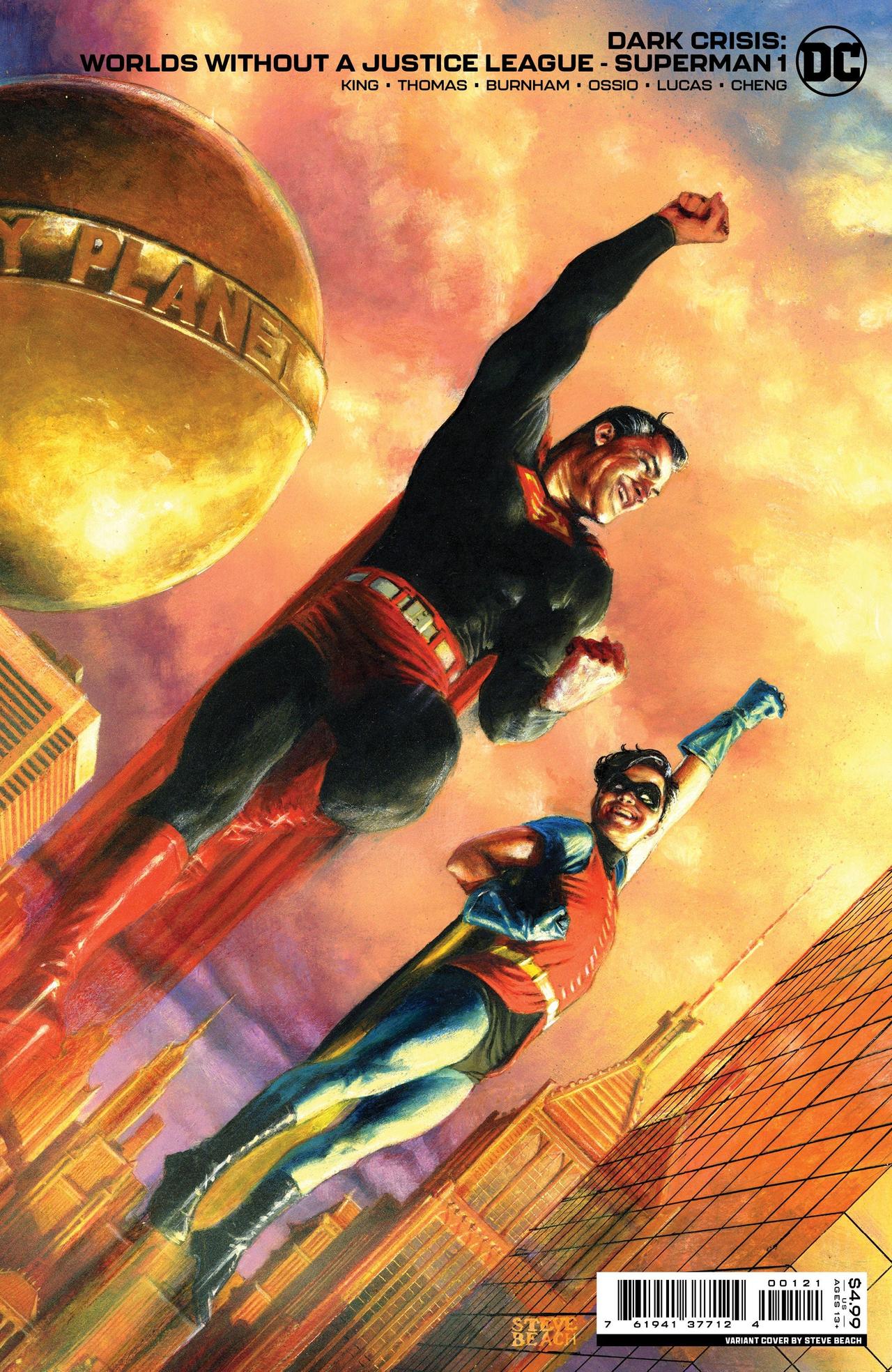
A lot of this issue is focused on the Kent farm at Smallville, with Jon getting the upbringing he never had with his parents. How was it bringing those domestic elements to the story and bringing that familial dynamic to life?
Burnham: It was nice! Most of the stuff that I work on tends to be super-violent and mean-spirited so it was nice to just focus working on direct eye contact and emotional subtlety. It was nice to stretch those muscles. I’ve got two kids myself who will be teenagers in three weeks, it seems like. It’s interesting to project them into the future and see how I would handle them having cosmic nightmares or whatever. [laughs]
In addition to the more pulpy version of Superman, there’s a lot of Clark Kent at home, wearing lots of flannel and settling into middle age. How was it exploring that visual aspect of the character?
Burnham: It was fun! I watched Smallville when it first came out. I was super-hooked on that show. That, for me, is as much a part of the Superman mythos as anything else and I probably spent more hours watching Smallville than reading the John Byrne Superman if you added it all up. That was a part of it, with what Tom Welling would wear in 20+ years or whatever.
How has it been working with Tom King on this?
Burnham: It’s good! Totally different than working with Grant [Morrison]. What’s nice is that Tom writes scripts that are very geared towards an artist being able to finish it on time. They’re very deadline-friendly scripts. [laughs] There’s less thematic weirdness and impossible storytelling tricks to pull off, more just how do I make the character look like he’s saying this thing. It’s a totally different focus for me.
One of my favorite sequences in the issue has Clark standing in the shadows of the doorway, instilling a bit of menace into the visuals.
Burnham: I was channeling in on having nightmares as a kid, when you’re not really sure what’s going on. I specifically remember an incident snapping out of sleepwalking in a hallway with my dad transforming from a ghost into my dad just sitting there. I was going for that feeling of looking up to your dad but him also being twice the size of you and he could squish you if he wanted to, I was trying to channel that.
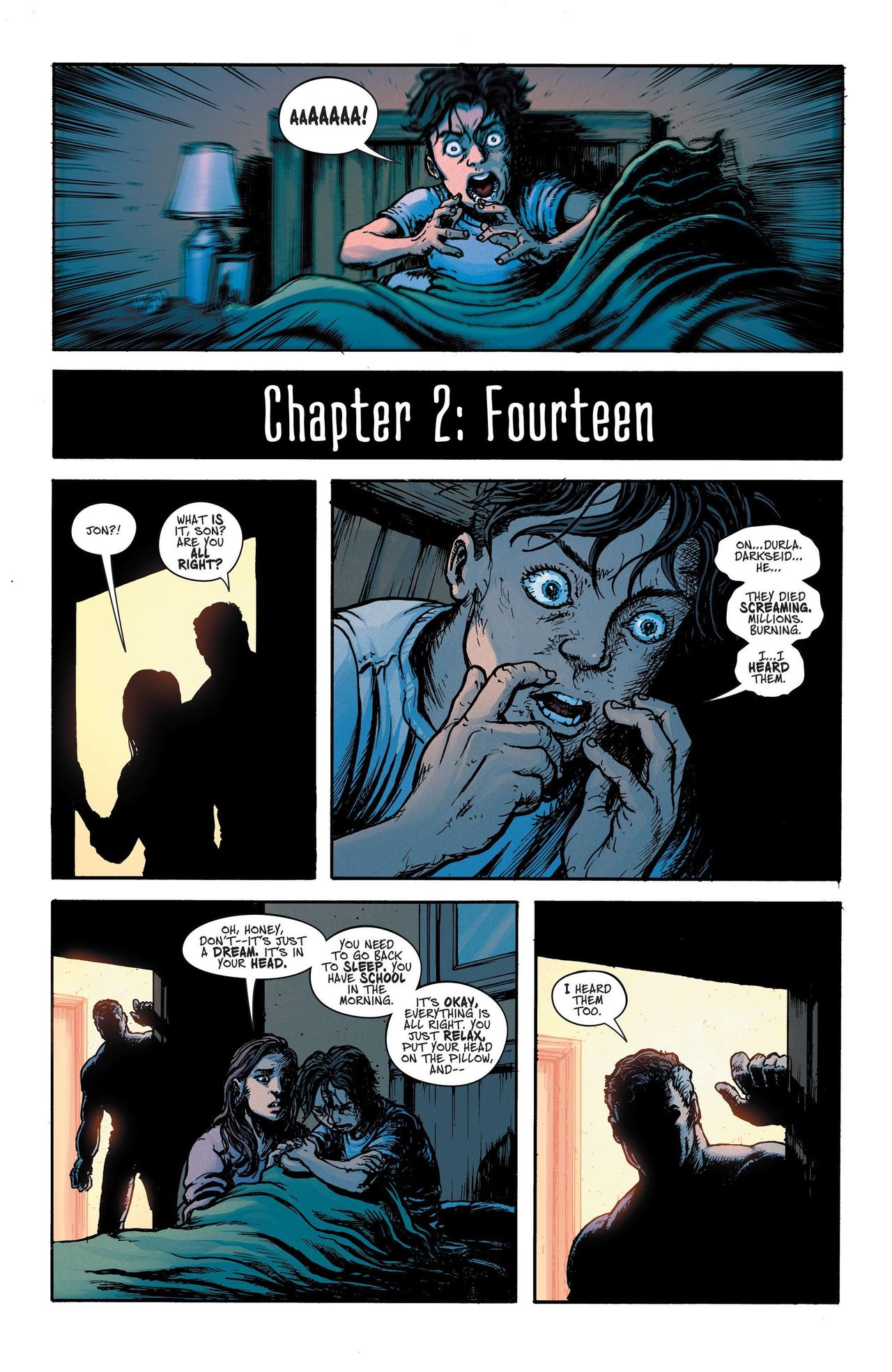
You give Superboy a motorcycle in this story. How was it coming up with the design for that futuristic bike?
Burnham: My first thought, when I think of a flying space motorcycle, is Lobo, that’s the core of it. As I was screwing around with the design, it reminded me of the Supermobile, with the fists. It’s halfway between Lobo’s motorcycle and the Supermobile. I chickened out of putting the fists on there but, as far as I’m concerned, they can come out and transform. [laughs]
With this being an alternate universe story, what did you want to keep consistent and what did you want to change up?
Burnham: I wanted it to not feel super-weird. I’m hoping this can become one of those timeless things people will read forever ideally, so I didn’t want to make it super-weird. Since it’s its own thing, if I wanted to make Metropolis upside-down and red or whatever, we probably could’ve gotten away with it, but it didn’t feel right to do anything like that. Hopefully, it just feels like a corrected version of Superman. The farm looks like the Smallville farm, and he looks like the Alex Ross version. Orion looks halfway between Orion and Darkseid, with a little bit of the Alex Ross version. I wanted it to feel correct rather than super-weird.
You mentioned Joshua Williamson and Tom King giving you some guidelines about the premise. Do you remember anything specific they brought up?
Burnham: I was initially going for perfection but Josh steered me towards making it a little dark and lonely because Superman and Superboy are the only superheroes there are. There’s no fort for all their friends to hang out; they’re on their own and still secretive. This is still in a Golden Age and pulpy [world], maybe the cops don’t like them as much. We don’t really explore all that stuff, but it is still a little gritty and not like the Silver Age where it’s all shiny.
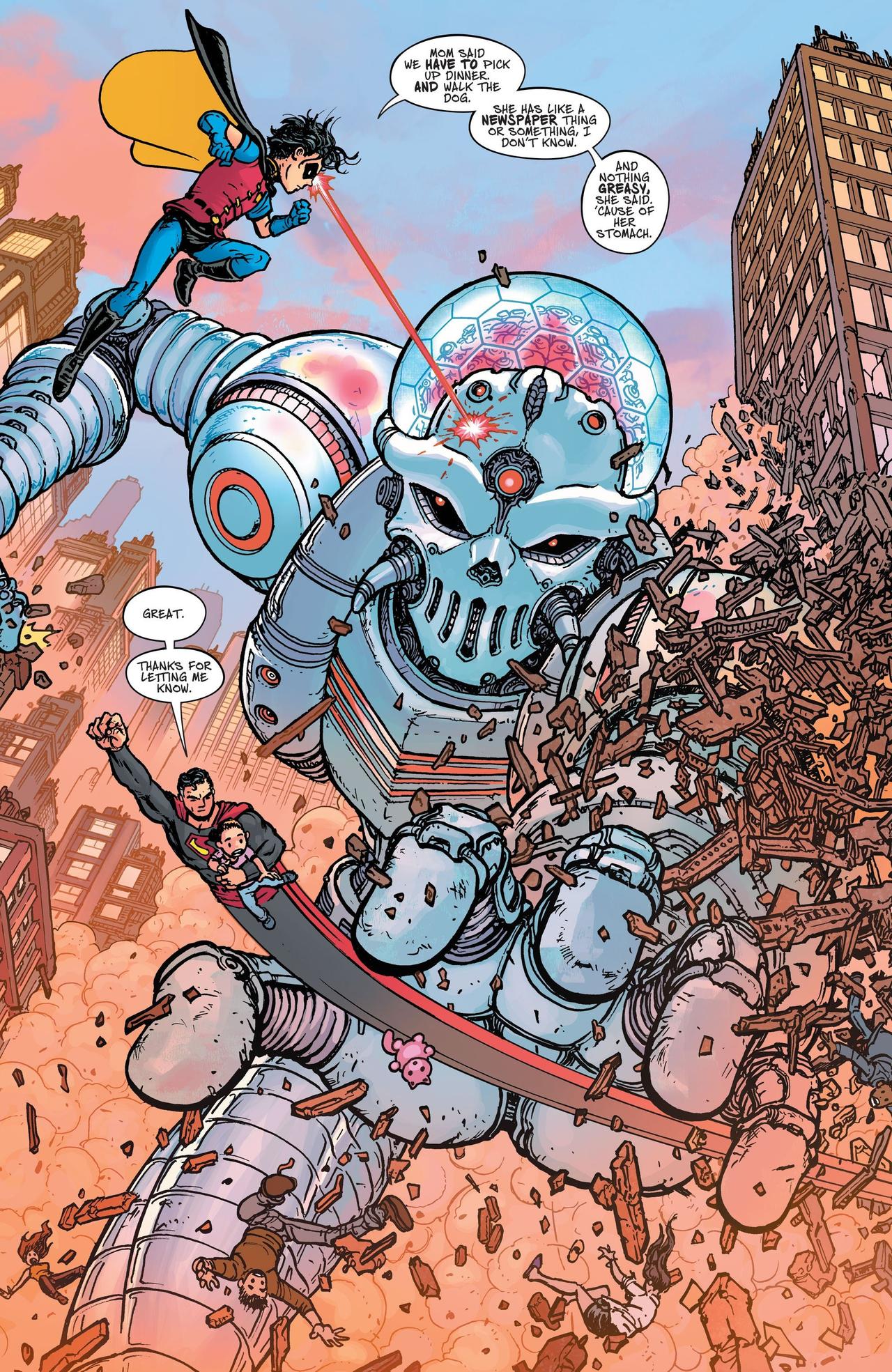
Despite all your work at DC, I feel like this is one of the first times you’ve gotten to work on Superman. How was that experience?
Burnham: It was cool! I imagine the reason that I got picked for this was that it kind of had a Batman and Robin thing to it. It makes sense, at least on paper, that the guy who killed Robin gets to draw Superboy as Robin. It felt nice to do something a little warmer and less horrible. [laughs]
You mentioned your affinity for Smallville. What does Superman mean to you?
Burnham: Superman is one of the first movies I ever watched as a kid. I watched it with my dad, and he loves the theme song. One of my best memories in having my own kids was playing the theme song– and that song is so good that my son was singing along with it from the second that it started, he was singing “Superman” along with it immediately. I didn’t notice it was saying 'Superman' until I was a teenager, but he got it as I was flying him around with the score.
For me, [Superman] is all tied up in growing up wanting to be like your dad, literally being the best man you can be. There’s also the opening to All-Star Superman, where it starts with lost hope and a kindly family before you turn the page and it says “Super Man” as if it’s two separate words, the best man you can be. That’s Superman for me.
Tom, the last time you wrote Superman, it was primarily about his relationship with Lois Lane. How is it exploring the Man of Steel through the prism of his dynamic with his son Jon?
Tom King: It’s very personal. My wife read through the comps, and I asked if she liked it, and she went “I cried. Thanks.” [laughs] When I wrote Mister Miracle, about raising a kid who’s one; years later, my oldest is 13. This is very much a reflection of my current life as I’m starting to raise a teenager. I just made Superman the dad I wish I was and the dad that I wish I had – I was raised by a single mother so I didn’t have that experience. It was wish fulfillment on both generations.

While Superman and Jon are usually on the same page, there’s more friction between them here. How was it injecting that abrasiveness into their relationship?
King: It’s one of these things when your kids become teenagers and when you become a teenager, you’re going to rebel against your parents. You’re going to find ways that you’re a human being and your parents are not you, they’re half of you. You’re something new and unique. As a parent, you brace yourself for that rebellion because you don’t want it not to come. You want them to become their own people, but you also don’t want them to make the big mistakes when they’re rebelling – Lord knows I made some of them.
When Bendis did the amazing time jump forward, as a parent, that would rip my heart out if I missed those teenage years. I wanted to explore that and have Clark have those teenage years, but not in some idealized 1950s Donna Reed way but the way it really is to raise a teenager, to love them as they rebel. There had to be conflict or else it wasn’t going to be real.
It’s like that Alan Moore/Dave Gibbons story, 'For the Man Who Has Everything,' with Superman just wanting a less than ideal daily life.
King: What’s amazing about that story is that the Black Mercy gives him that life but it’s a weird, kind of fascist life that’s not ideal, dealing with those problems. Superman doesn’t want a cookie-cutter utopia; he wants to experience what it is to be human, to be a man in the world.
How has it been working with Chris Burnham on this?
King: It’s been utterly brilliant. Chris is one of those geniuses in comics, and I remember him from way back seeing him at conventions for a decade. He’ll just come by your booth, show you a cover he just did, and it’s the most brilliant thing, and then he walks on. He’s one of those amazing geniuses in comics that I always hoped to work with. It was an utter joy, and I obviously didn’t have a single note for him, he made it poetry. He got the action and acting.
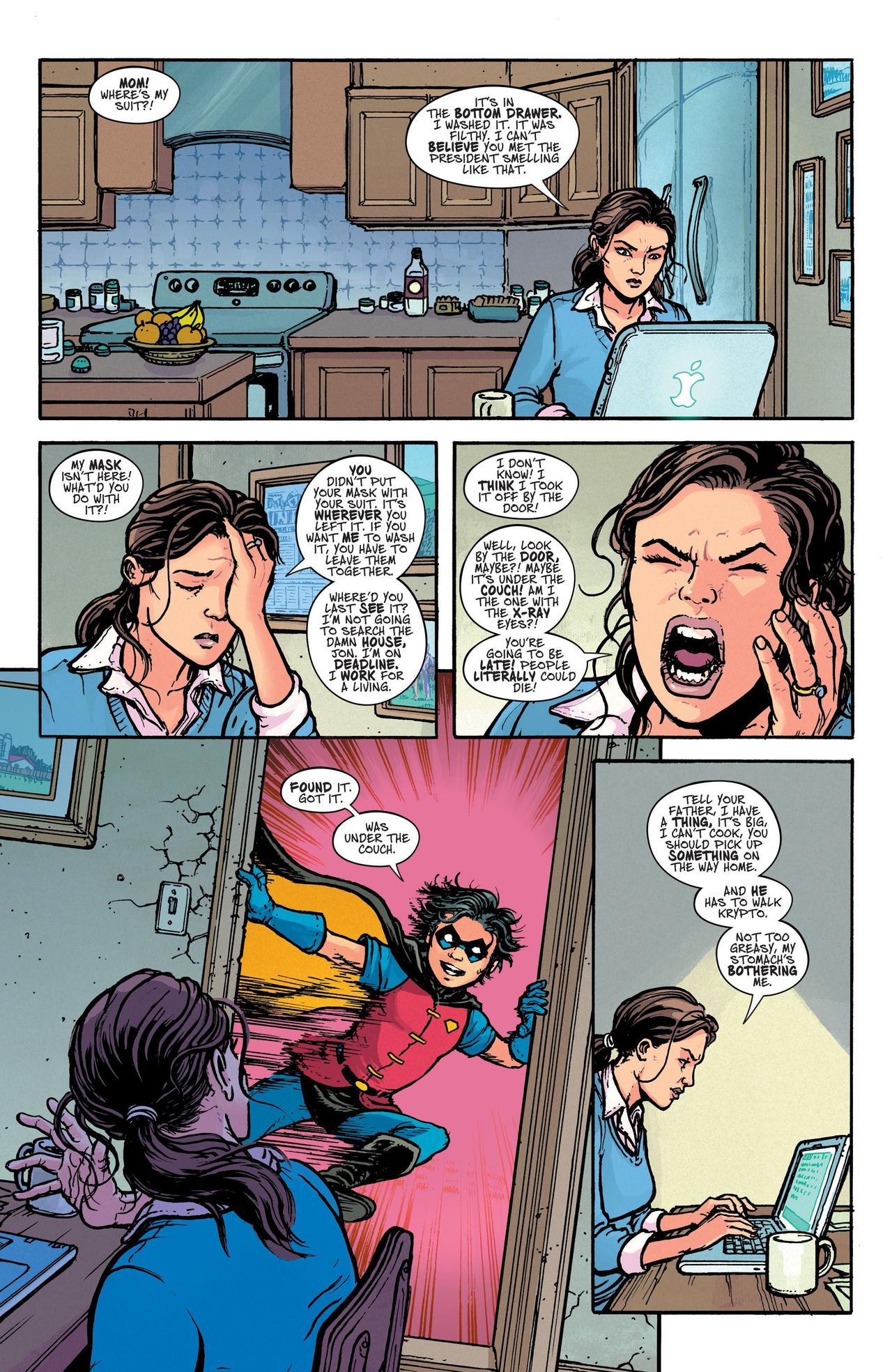
While you bring plenty of superhero action, a lot of this issue is set at the Kent family home in Smallville. How is it balancing those sensibilities?
King: I always feel like that’s sort of my corner of the comic book universe. I always think that Jonathan Hickman and I represent two polar opposite things – he takes superheroes and turns them all into gods, and I take those superheroes and put them in kitchens and living rooms watching TV. My first book was called A Once Crowded Sky and was about superheroes losing their powers and having to live domestic lives. That’s what I’ve almost always done and where I feel I can add the most to the comic industry, finding the humanity in these characters and hoping the audience can connect with them; I find utter joy in that.
What makes this weird is that there's a scene where Superman and Jon have a fight and Jon really gives it to him and psychologically punches him in the balls in the way that only kids can do to their parents. For Superman, this hurts him and he walks away, and if it was any other scene, days would’ve gone by and any other father would’ve been frustrated but this is Superman. This is not any other father, this is the ideal father, so Superman turns around and finds empathy and a way to connect with his son again. Even though they’re just in a living room and bedroom, they’re still superheroes. Superman is an ideal and I think that applies whether he’s in his bedroom or on Jupiter.
To delve into the pocket universe adventures of the Man of Steel, Dark Crisis: Worlds Without a Justice League - Superman #1 is on sale now. The issue is written by Tom King, illustrated by Chris Burnham, colored by Adriano Lucas, and lettered by Troy Peteri.
Follow Popverse for upcoming event coverage and news
Find out how we conduct our review by reading our review policy
Let Popverse be your tour guide through the wilderness of pop culture
Sign in and let us help you find your new favorite thing.






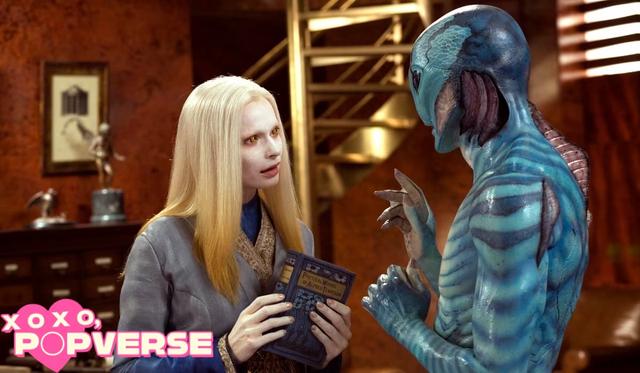
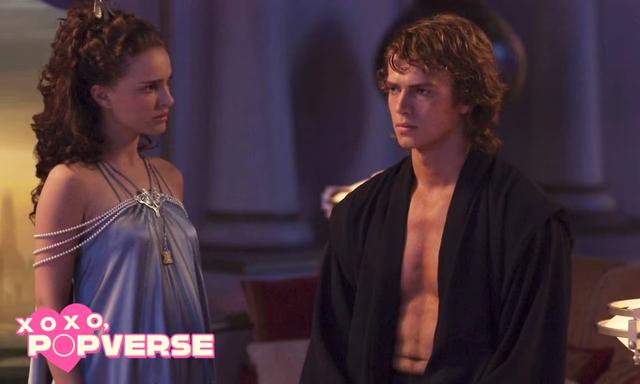








Comments
Want to join the discussion? Please activate your account first.
Visit Reedpop ID if you need to resend the confirmation email.